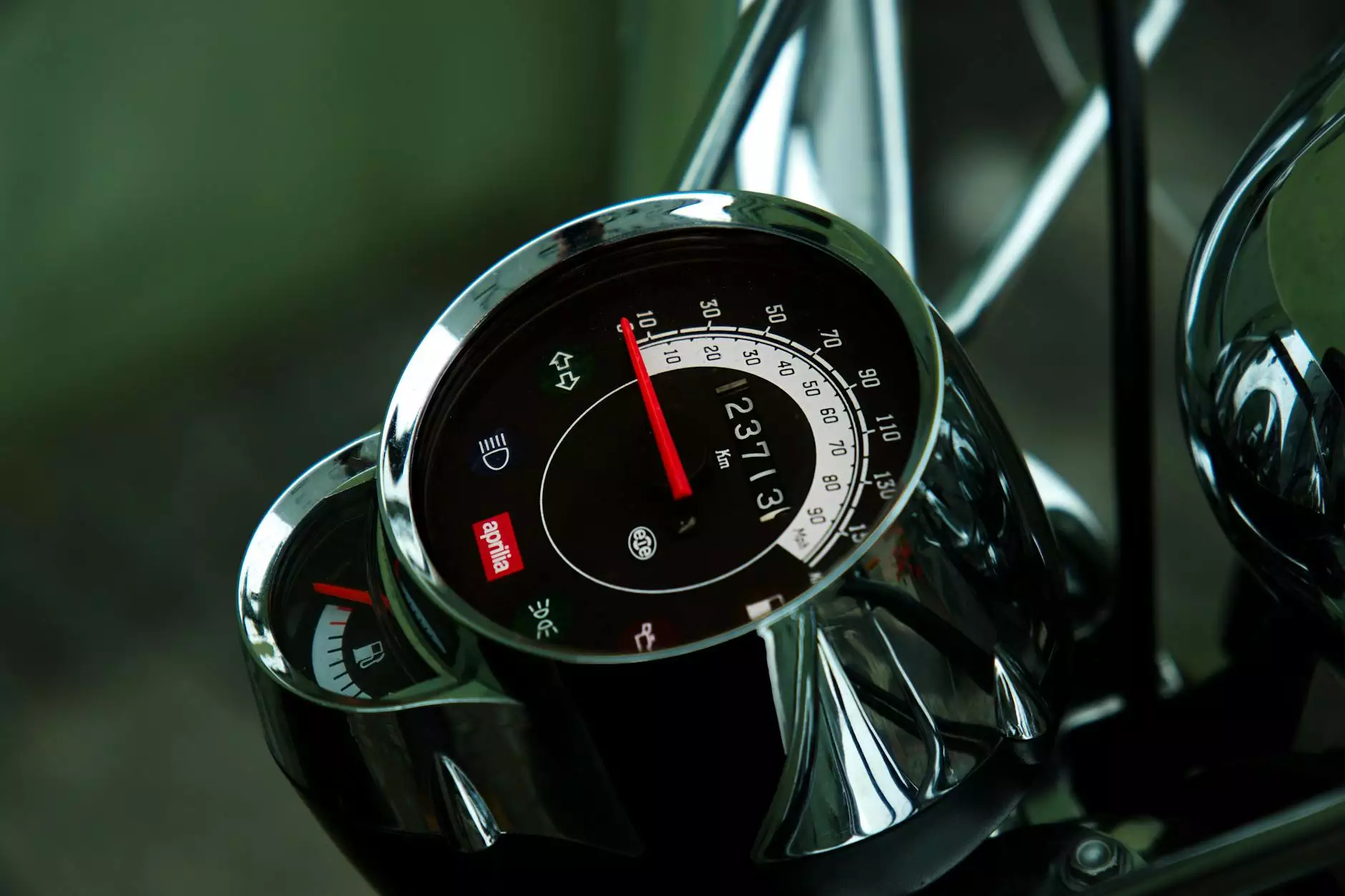Hydraulic Component Suppliers: Your Complete Guide to Quality Parts

The essential role of hydraulic component suppliers in today's automotive and motorcycle industries cannot be overstated. Hydraulic systems have become vital in ensuring efficient performance, safety, and reliability in modern vehicles. In this comprehensive guide, we will explore what hydraulic components are, their applications, and how to effectively choose the right suppliers for your business needs.
Understanding Hydraulic Components
Hydraulic components are critical parts that utilize hydraulic fluid to transmit power in a hydraulic system. These components play a significant role in numerous applications, ranging from automotive to industrial machinery. Below are some of the most common hydraulic components:
- Hydraulic Pumps: These convert mechanical energy into hydraulic energy by moving fluid.
- Hydraulic Cylinders: These utilize pressurized hydraulic fluid to create linear motion.
- Hydraulic Valves: These control the flow and pressure of the hydraulic fluid.
- Hydraulic Hoses: These transport hydraulic fluid between components.
- Hydraulic Filters: These ensure that the hydraulic fluid remains clean and free from contaminants.
Understanding the functionality and purpose of these components is crucial for anyone involved in the selection and procurement of hydraulic systems.
Importance of Quality in Hydraulic Components
When selecting hydraulic components, their quality is paramount. Quality components ensure reliability, durability, and safety in all applications. The consequences of using inferior components can be severe, causing system failures, safety hazards, and significant financial losses. Here are key reasons why quality matters:
- Performance: High-quality components provide superior performance, enhancing the efficiency of hydraulic systems.
- Longevity: Durable components last longer, reducing the frequency of replacements and associated costs.
- Safety: Reliable components contribute to the overall safety of vehicles and machinery.
- Regulatory Compliance: Quality components often meet or exceed industry regulatory standards, minimizing legal risks.
Choosing the Right Hydraulic Component Suppliers
Selecting the right hydraulic component suppliers can make a significant difference in your operations. Here are some key considerations to keep in mind:
1. Research Their Reputation
Before deciding on a supplier, conduct thorough research. Look for reviews and testimonials from other customers. A supplier with a strong reputation likely has a proven track record of reliability and quality.
2. Product Range
Ensure the supplier offers a comprehensive range of hydraulic components. A diverse inventory not only provides you with flexibility but also saves time in sourcing various components from multiple vendors.
3. Quality Assurance
Inquire about the quality assurance processes suppliers have in place. A reputable supplier should provide certifications and guarantees regarding the quality of their products.
4. Technical Expertise
Consider suppliers that offer technical support and expertise. Having access to knowledgeable staff can help you make informed decisions regarding the selection and use of hydraulic components.
5. Customer Service
Evaluate the supplier's customer service. Responsive and knowledgeable support can greatly enhance your overall experience and ensure timely resolutions to potential issues.
The Role of Hydraulic Component Suppliers in the Automotive Industry
The automotive industry relies heavily on hydraulic systems for various functionalities, including braking systems, power steering, and suspension. Here's how effective hydraulic component suppliers contribute to the automotive sector:
1. Enhanced Safety Features
High-quality hydraulic components ensure that safety features in vehicles function optimally. For instance, reliable braking systems are critical to vehicle safety, significantly reducing accident rates.
2. Improved Fuel Efficiency
Innovative hydraulic systems contribute to better energy management, enhancing vehicle fuel efficiency. Quality suppliers provide components that support these advancements.
3. Customization and Adaptation
Automakers often require customized solutions. Suppliers that can tailor hydraulic components to fit unique applications play a vital role in the design and manufacture of new vehicles.
Hydraulic Components in Motorcycles
Similar to automobiles, motorcycles also benefit immensely from hydraulic systems. The following highlights the significance of hydraulic components in motorcycle manufacturing:
1. Suspension Systems
Hydraulic systems enhance motorcycle suspension, providing smoother rides and improved handling. Suppliers must ensure the availability of quality hydraulic shocks and forks.
2. Brake Systems
The hydraulic brake systems are imperative for motorcycles. Effective hydraulic component suppliers provide the necessary parts to maintain high-performance braking.
3. Clutch Mechanisms
Hydraulic clutches offer smoother engagement and disengagement in motorcycles. Reliable suppliers ensure the availability and proper functioning of these components.
Maintenance and Care of Hydraulic Systems
Maintaining hydraulic systems is essential for ensuring longevity and performance. Here are some maintenance tips:
1. Regular Inspections
Conduct regular inspections of hydraulic components to identify leaks, wear, or any malfunctioning parts. Addressing issues promptly can prevent unnecessarily costly repairs.
2. Fluid Changes
Ensuring that hydraulic fluid is clean and at optimal levels is crucial. Establish a regular schedule for fluid changes according to manufacturer guidelines.
3. Component Cleaning
Keep hydraulic components clean to prevent contamination and ensure effective operation. Use appropriate cleaning agents and methods that comply with safety regulations.
The Future of Hydraulic Components
The hydraulic industry is continually evolving, and this trend will likely manifest in the following ways:
1. Advancements in Technology
As industries innovate, hydraulic components are becoming smarter, with technology integration that enhances efficiency and monitoring capabilities.
2. Eco-friendly Solutions
The push towards sustainability is impacting hydraulic systems, leading to the development of more environmentally friendly hydraulic fluids and components.
3. Automation and IoT
The integration of automation and IoT in hydraulic systems is set to transform how industries operate, creating new opportunities for hydraulic component suppliers.
Conclusion
In summary, hydraulic component suppliers play an essential role in the automotive and motorcycle industries, providing the necessary components to ensure safety, performance, and innovation. When selecting suppliers, it is crucial to prioritize quality, range, and customer service to align with your operational needs. The future beckons exciting advancements in hydraulic technology, making it an opportune time for businesses to invest in quality suppliers and effective hydraulic systems.
Explore our comprehensive inventory at Shop Hydraulic America for quality hydraulic components tailored to meet your automotive and motorcycle performance needs!









